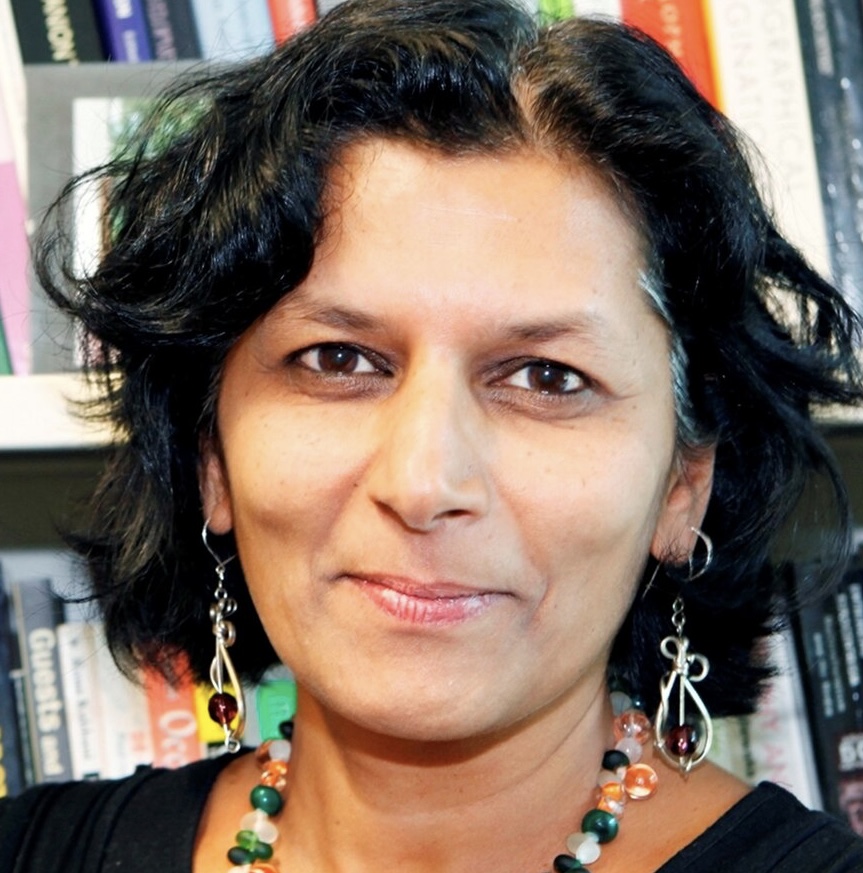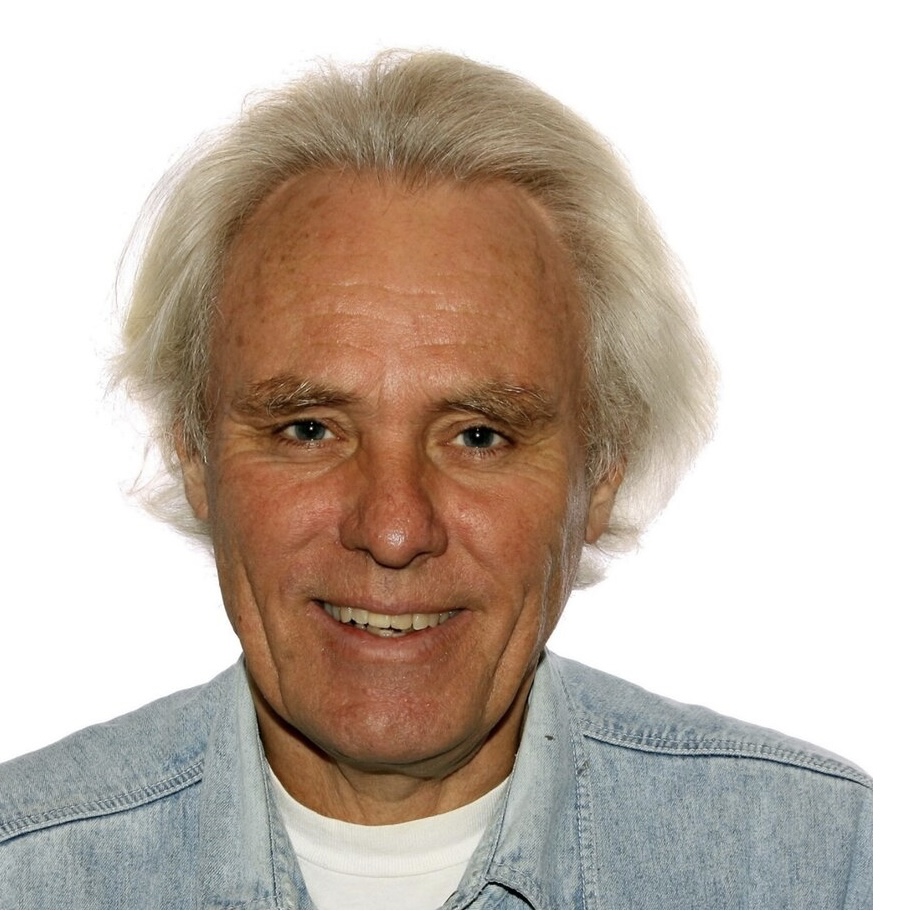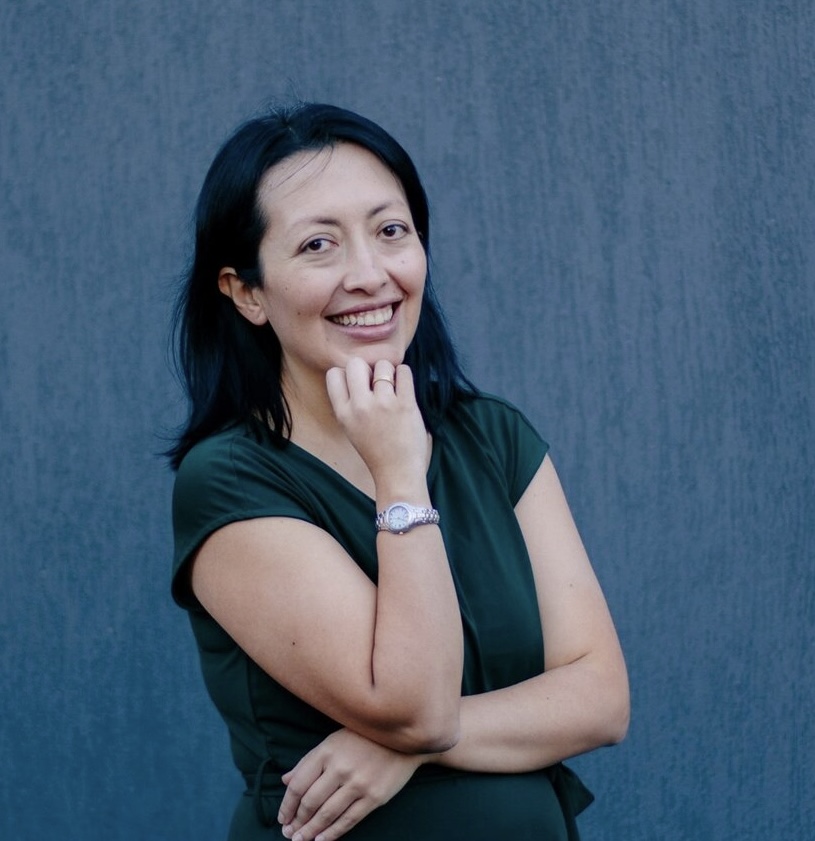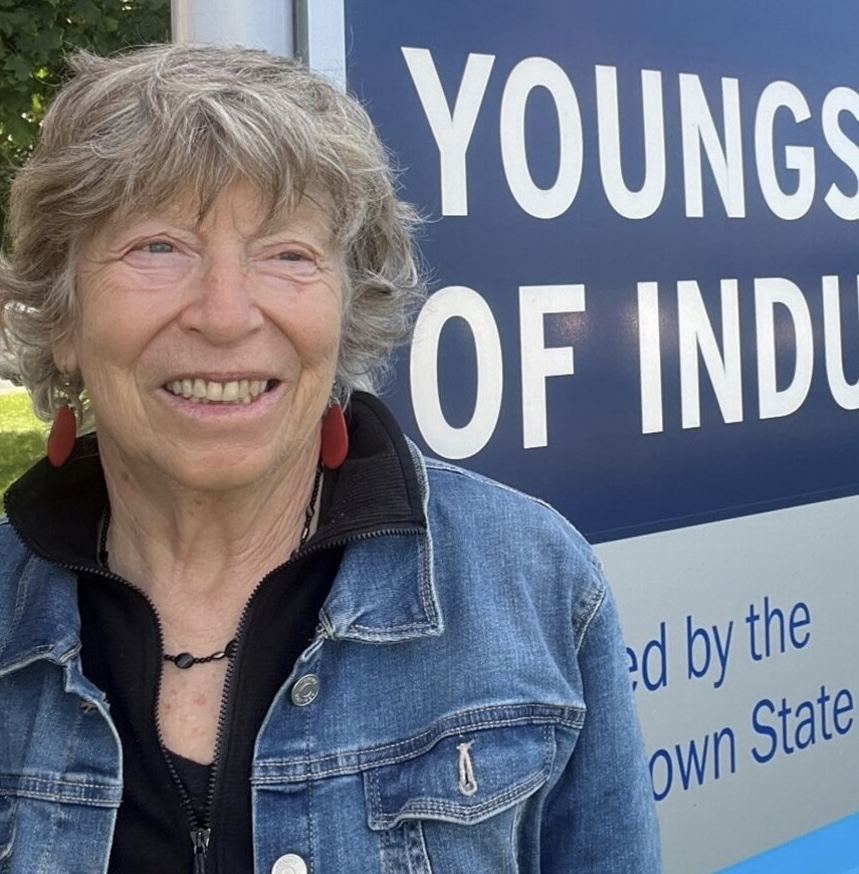24th – 26th September 2025, Norwegian University of Life Sciences
Please follow the link bellow and register in order to access the livestream:
https://www.nmbu.no/evu/nordev25-solidarity-social-justice-and-sustainability

24th – 26th September 2025, Norwegian University of Life Sciences
Please follow the link bellow and register in order to access the livestream:
https://www.nmbu.no/evu/nordev25-solidarity-social-justice-and-sustainability


Follow the link bellow for more information:
https://www.eadi.org/eadi-events/general-conference/eadi/iob-2026-shaping-sustainable-futures-global-challenges-glocal-solutions/eadi/iob-2026-call-for-papers#
Registration deadlines and costs
Get ready! Early bird registration for panel conveners, presenters, and participants is now open — and you won’t want to miss it. Secure your spot before May 15th to enjoy discounted rates. After that, regular fees will apply.
Please note:
Early Bird Rates (until May 15th):
Stay tuned for more updates on the conference website, including the exciting program overview with panels, keynotes, and more!
We can’t wait to welcome you to Ås in September for NorDev25!
Uma Kathari (Confirmed Keynote Speaker)

Uma Kothari is Professor of Migration and Postcolonial Studies at the Global Development Institute, University of Manchester. Her research interests include colonial legacies and decoloniality; postcolonial travel; island geographies and the power of stories. Her most
recent book, Critical Global Development, was published in 2023. She is currently a Leverhulme Major Research Fellow on the project ‘Touring Britain in the 1950s: the adventures of postcolonial travellers’.
Olle Törnquist (Confirmed Keynote speaker/panelist)

Olle Törnquist is a Swedish global historian and Professor Emeritus of Politics and Development at the University of Oslo, Norway; earlier at Uppsala University. He has written widely on radical politics, development and democratisation. His main empirical focus since the 1970s has been Indonesia, India and the Philippines, with Scandinavia and South Africa and Brazil as reference cases. The results were recently summarised in In Search of New Social Democracy: Insights from the South – Implications for the North (Zed-Bloomsbury).
Andrea Ordóñez Llanos (Confirmed Keynote speaker/panelist)

Andrea Ordóñez Llanos co-founded Southern Voice, a network of over seventy think tanks from Africa, Latin America & the Caribbean, and Asia leveraging southern evidence and analysis to promote fair global development debates. An economist by training, Andrea was previously Research Director at Grupo FARO, a think tank in Ecuador. She aims to ensure that new voices and ideas from the Global South are heard across regions to advance some of the most complex problems of our time. Her research interests are social
policy, public finance, development financing, and international cooperation. She is a member of FCDO’s International Development Expert Group, the International Scientific Advisory Board of the German Institute of Development and Sustainability (IDOS), and a Publish What You Fund board member.
Vivian Price (Researcher and Filmmaker)

Vivian Price, PhD, Professor at California State University, Dominguez Hills & former union electrician, is a researcher and filmmaker for US and international projects on labor and climate justice. She was a Fulbright scholar at the University of Liverpool, a Fulbright specialist in Norway, working with the WAGE team at the University of Oslo on the perspective of oil workers on climate change, where she directed several video projects including Talking Union, Talking Climate. Price is a member of the Climate Industry Research Team for the Canadian Building Trades Union project on climate literacy in the construction industry. She is directing short films as part of “Transition: action, concepts, debates and strategies – an international comparison,” a study based in the Leeds School of Business and is a visiting scholar at the University of Eastern Finland working on a film on workers and environmentalists in the context of Finnish forest climate sink, as well as
serving on the research team for the Critical Minerals Just Transition Listening Project (Sloan Foundation).
In order to be considered for inclusion in the program, please indicate clearly the number and title of the panel that you wish to contribute to.
We are also aiming to accommodate a limited number of panels for paper submissions that do not fit under the themes of the open panels listed below. If your paper does not fit with in a pre-identified panel, please label your submission with “Undefined Panel”.
The list for Open Panels can be found by clicking the link bellow:


Dear NorDev25 supporters and those who have expressed an interest in receiving updates.
Here comes an update on the timeline, planning and action items ahead for the 8th Nordic Development Research Conference!
The Call for Panel, and themes for workshops and other side events for NorDev25, which will be co-organised by NMBU and NFU and held at NMBU in Ås 24-26 September, will be announced on the NMBU conference webpage.
The conference themes “Solidarity, social justice and sustainability” are aimed at being broad and inclusive and are described more fully on the conference website. You are encouraged to start spreading the word about the conference in your networks to encourage as many relevant and high-quality panel and other submissions as possible and to get PhDs, young scholars and others thinking already now about possible abstract submissions in advance of the call for panels and other submissions, opening.
The timeline for submissions and other deadlines will be as follows:
As with previous NorDev conferences, there will be a possibility to publish papers presented at the conference in the Journal Forum for Development Studies.
NMBU and NFU are looking into supplementary funding avenues which will be specifically directed at covering costs for conference participants and keynote speakers from the Global South, but these funds are not guaranteed, and the moment, we are reliant on covering almost all of our costs via conference registration fees (which will be differentiated).
Ways that you can help us to support bringing more Global South scholars to the conference include:
· Organising a panel session and drawing on existing research, NORHED, PhD school, sustainability arena, and other funding to subsidize conference and travel fees for keynote speakers and Global South scholars in the panel to enable them to attend
· Organising planned project meetings that will take place in the Nordic countries in the days before and after the conference where possible, to economise on costs and emissions for scholars travelling internationally (i.e. start the planning now!)
· Looking into possibilities for additional funding for e.g. dissemination and travel activities connected to existing Research Council projects in your respective countries that could be devoted to e.g. funding “project dissemination panels” and/or similar outreach or societal engagement sessions
· Tip us about other possible sources of funding for organising high-level panels with Global South scholars and keynote speaker representation

The government continues to weaken internationalisation and cooperation within research and higher education with countries outside EU/EØS
The proposed Norwegian State budget for 2025 continues to weaken the possibilities for international cooperation of research and education with partners outside of Europe. In Panorama Nyheter you can read some of the reactions to new cuts, and the model where school fees in Norway are paid by the development aid budget. NFU Chair Arnhild Leer-Helgesen (UiA) and the leader of SAIH, Selma Bratberg, are among those who warn against the consequences of these continuous cuts:
A translation of the second article can be found here: (and then add a link to your translation).


Dear NFU member, if you missed out on our last General Assembly which took place on June 14th, please click on the link below to see all the updates:
This summer, news that the Norpart program, which provides resources for academic cooperation and and exchange programs, is being placed on hold due to uncertainty regarding its budget.
Our chair, Arnhild Leer-Helgensen, alongside with several other academic leaders at University of Agder have talked to Khrono regarding the impacts that this can bring to norwegian students and to development studies, as well as the academic environment in the country.
To read the full article, click here.